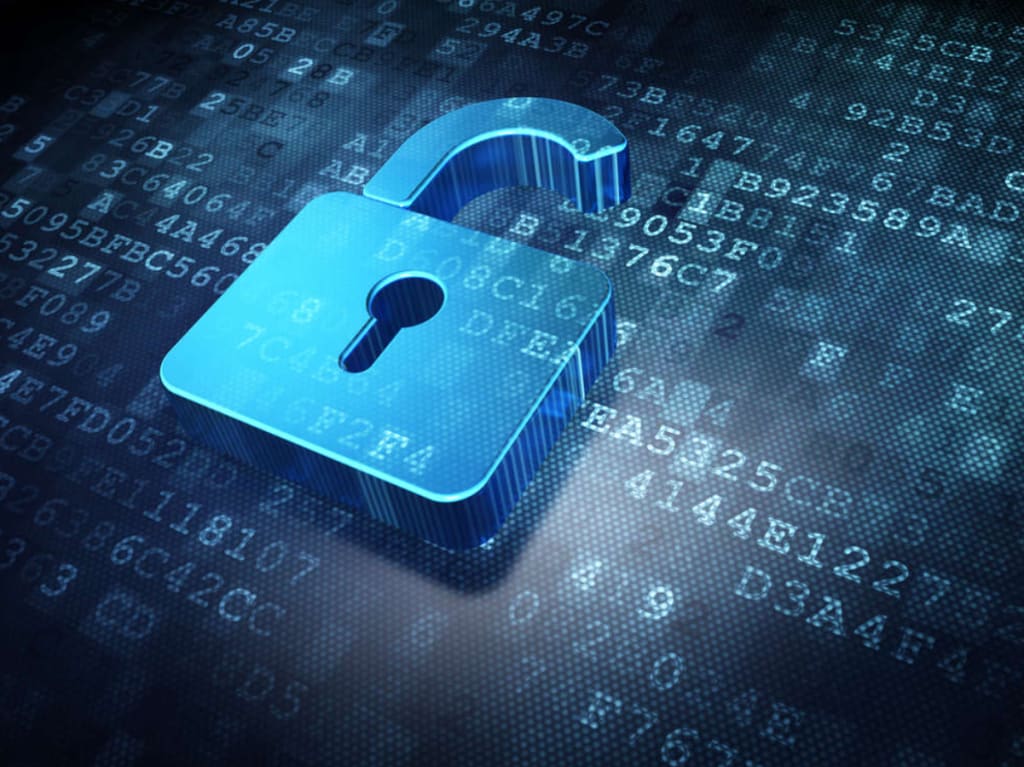
Introduction:
In the rapidly forward integer age, cybersecurity has turn a paramount concern. This professional clause delves into the importance of protective your online identity and explores effective strategies to safeguard yourself in the face of evolving cyber threats. From understanding common vulnerabilities to adopting robust surety practices, staying open-eyed in the digital kingdom is material to maintaining the integrity of your online identity.
Understanding commons Cyber Threats:
To effectively protect your online identity, it is essential to be aware of common cyber threats. This includes phishing attacks, malware infections, data breaches, and identity theft. sympathy how these threats run empowers individuals to recognize and palliate potential risks, allowing them to undergo proactive steps to safeguard their online identity.
Creating Strong Passwords and Implementing Two-Factor Authentication:
One of the foundational steps in maintaining online security is creating strong, unusual passwords. This involves victimization a combination of upper and lower-case letters, numbers, and special characters. Additionally, implementing two-factor authentication adds an supernumerary layer of surety by requiring users to provide an additional check method, much as a code sent to their mobile device, when logging into their accounts. By adopting these practices, individuals can significantly tighten the lay on the line of unofficial access to their online accounts.
Regularly Updating and Patching Software:
Keeping your undefined and software up to date is crucial for maintaining a secure online identity. Software updates often include important surety patches that address vulnerabilities discovered by developers. By promptly installing updates, individuals ensure that their undefined and applications have the up-to-the-minute security features, mitigating the risk of exploitation by cybercriminals.
Exercising admonish with Email and Web Browsing:
Emails and net browsing are park vectors for cyber threats. To protect your online identity, it is essential to exercise caution when interacting with these mediums. keep off clicking on suspicious golf links or downloading attachments from unknown region sources. Be wary of phishing emails that attempt to cozen users into providing sensitive information. By remaining alert and adopting scoop practices for email and web browsing, individuals tin reduce the lay on the line of falling victim to cyber threats.
Securing Your place Network:
Securing your home network is material for safeguarding your online identity. This involves changing the default login certificate of your Wi-Fi router, enabling network encoding (such as WPA2), and regularly updating the router firmware. Additionally, setting upward a separate node web for visitors can help keep unauthorized access to your devices and data. By implementing these measures, individuals can make a more procure digital environment within their homes.
Regularly Backing upward Your Data:
Data red ink can have severe consequences for your online identity. Regularly backing up your information ensures that even in the event of a cyberattack or hardware failure, you can restore your important files and information. Utilize cloud storage solutions or external hard drives to create backups regularly, and control the integrity of your backups to ensure they are available when needed.
Educating Yourself about Online Security:
Staying well-read about the latest online surety practices is material in protecting your online identity. develop yourself about flow cyber threats, future trends, and best practices for cybersecurity. Stay updated with estimable sources of information, follow security blogs, and consider active in online courses or workshops that focus on cybersecurity awareness. By continually expanding your knowledge, you can adjust to the evolving cyber landscape and make informed decisions to protect your online identity.
Conclusion:
In the digital age, protecting your online personal identity is of utmost importance. By understanding commons cyber threats, adopting strong security practices, and staying informed almost the evolving landscape of cybersecurity, individuals can extenuate risks and safe-conduct their online identity. By prioritizing online security and following best practices, individuals tin navigate the digital kingdom with confidence, ensuring that their online individuality remains protected in an increasingly interrelated world





Comments
There are no comments for this story
Be the first to respond and start the conversation.